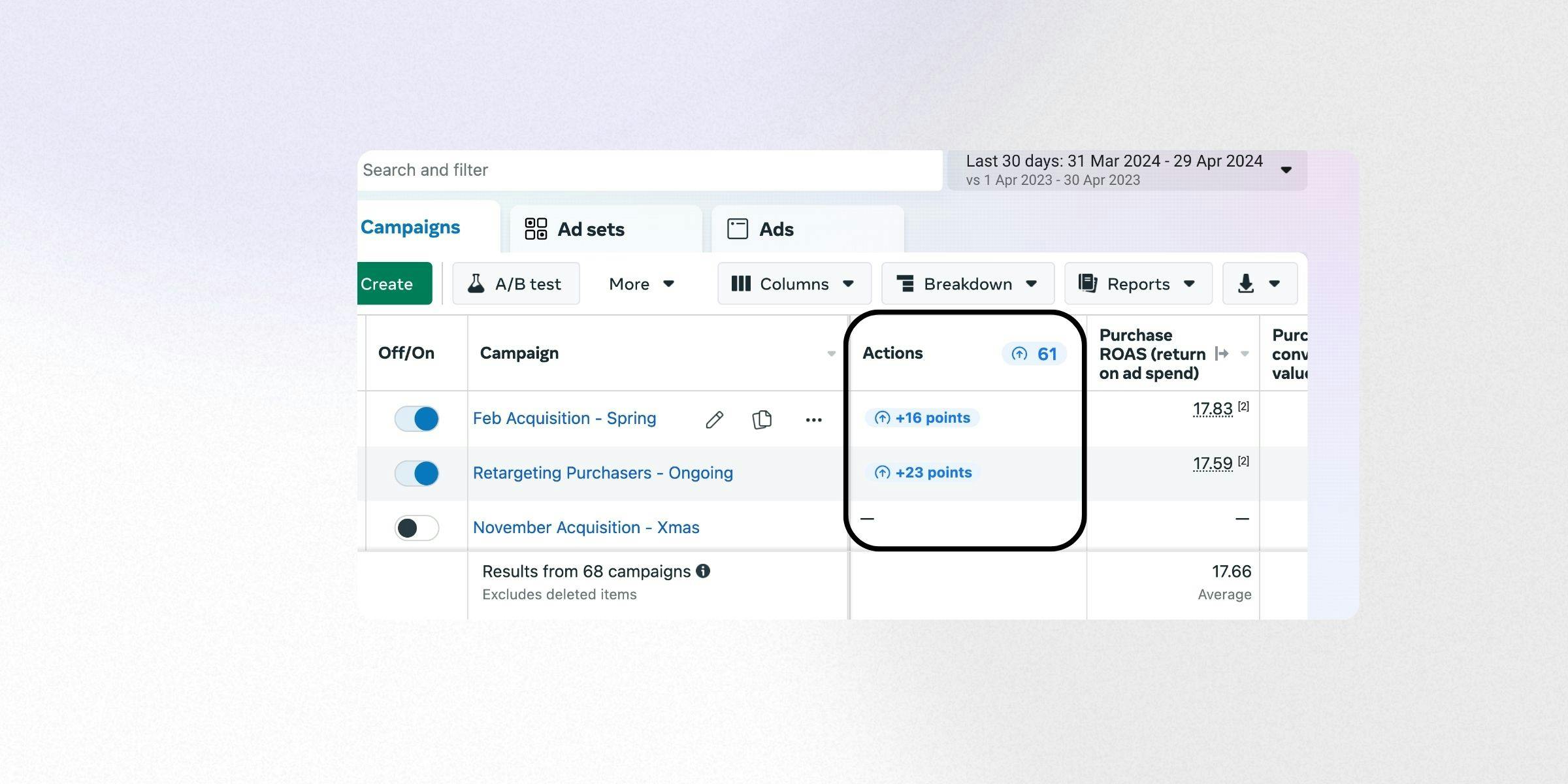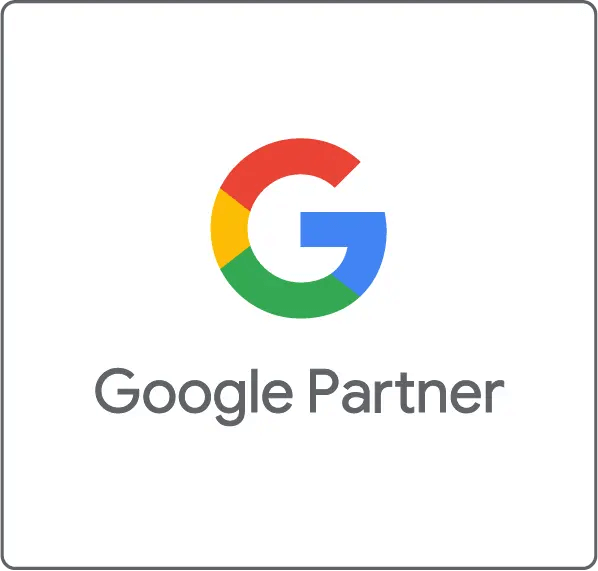Meta Ads Opportunity Score: A game-changer or another gimmick?

In the ever-evolving world of digital advertising, staying ahead means leveraging the latest tools and features that platforms have to offer. But you can’t always trust everything the ad platforms tell you. So with some interesting AI-powered features being reported, where does Meta’s new Opportunity Score sit on the scale of avoid to adopt?
Meta is currently rolling out a new metric known as the Opportunity Score in its Ads Manager. As with many similar features across Meta and Google, it’s supposedly aimed at optimising and improving ad performance, but with some interesting potential differences - namely that it’ll use AI to learn over time, based on your feedback, which recommendations to make and which to avoid.
If true, it could mean that Opportunity Score proves more valuable than previous recommendation tools. But with sketchy details available and mixed feedback from the community, it's unclear how much value the feature truly offers. Here’s a deeper dive into what we know so far.

Understanding Opportunity Score
Opportunity Score is a new feature within Meta Ads that measures the extent to which advertisers apply recommended optimisations to their campaigns, ad sets, and ads. This score ranges from 0 to 100, with higher scores indicating greater alignment with Meta's suggested best practices.
According to official sources, this score is intended to help advertisers maximise their campaigns' efficiency and performance potential. However, in our experience, these ‘best practices’ are often one-size-fits-all and require careful consideration before applying - a sentiment that’s shared by independent Meta Ads experts worldwide.
The critical difference between previous recommendation systems and this one, is the unconfirmed suggestion that they’re AI-powered and can learn and improve over time.
Are recommendations really evolving?
Our Head of Marketing recently spoke to a Meta representative about the Opportunity Score and its intended benefits. What was particularly striking, however, was the admission that not all recommendations provided by Meta's system are suitable for every business or campaign. This was a surprising acknowledgment which reflects our general position that a pinch of salt and a wider understanding is required when considering Meta recommendations.
I took a call from a Meta Ads rep yesterday and, I have to admit, I almost fell off my chair.
”Furthermore, the representative suggested that the system is designed to learn from the choices advertisers make, particularly the recommendations they choose to dismiss. Over time, this should theoretically refine the system's understanding and improve the relevance of its suggestions.
If this is true, then it could present a marked improvement in the approach of the platforms to automated recommendations. Moving from a one-size-fits-all approach to something that’s better equipped to understand the differences that exist between businesses and ad accounts.
Confusion reigns
On further investigation there’s a noticeable gap between the Meta representative's explanations and the information available in the company’s official documentation. Notably, the learning aspect of the system - where dismissed recommendations refine future suggestions - is not documented or confirmed in any official release. This discrepancy raises questions about the feature's actual workings and the transparency of its development.
What the experts say
We’re cautiously optimistic about the potential of the Opportunity Score to streamline campaign management. However, there remains a healthy scepticism about the reliance on automated tools that may not fully account for the unique contexts and strategic goals of individual businesses.
The broader concern is that while such scores can gamify the optimisation process, they might also oversimplify complex decision-making required in effective ad management. This could lead to scenarios where advertisers are pushed towards choices that maximise their score rather than their return on investment.
Moving forward
Opportunity Score in Meta Ads represents an interesting development in the automation of ad optimization, but its effectiveness and reliability remain to be seen. As advertisers, it’s important to maintain a healthy scepticism of the motives of the ad platforms, which don’t always have your best interests at heart. As ever, it’s important to understand what you’re working with and look to independent expert sources to ensure a balanced view and get the best advice.
Have you encountered the Opportunity Score in your Meta Ads account? What do you think of it? Let us know in the comments on LinkedIn.






